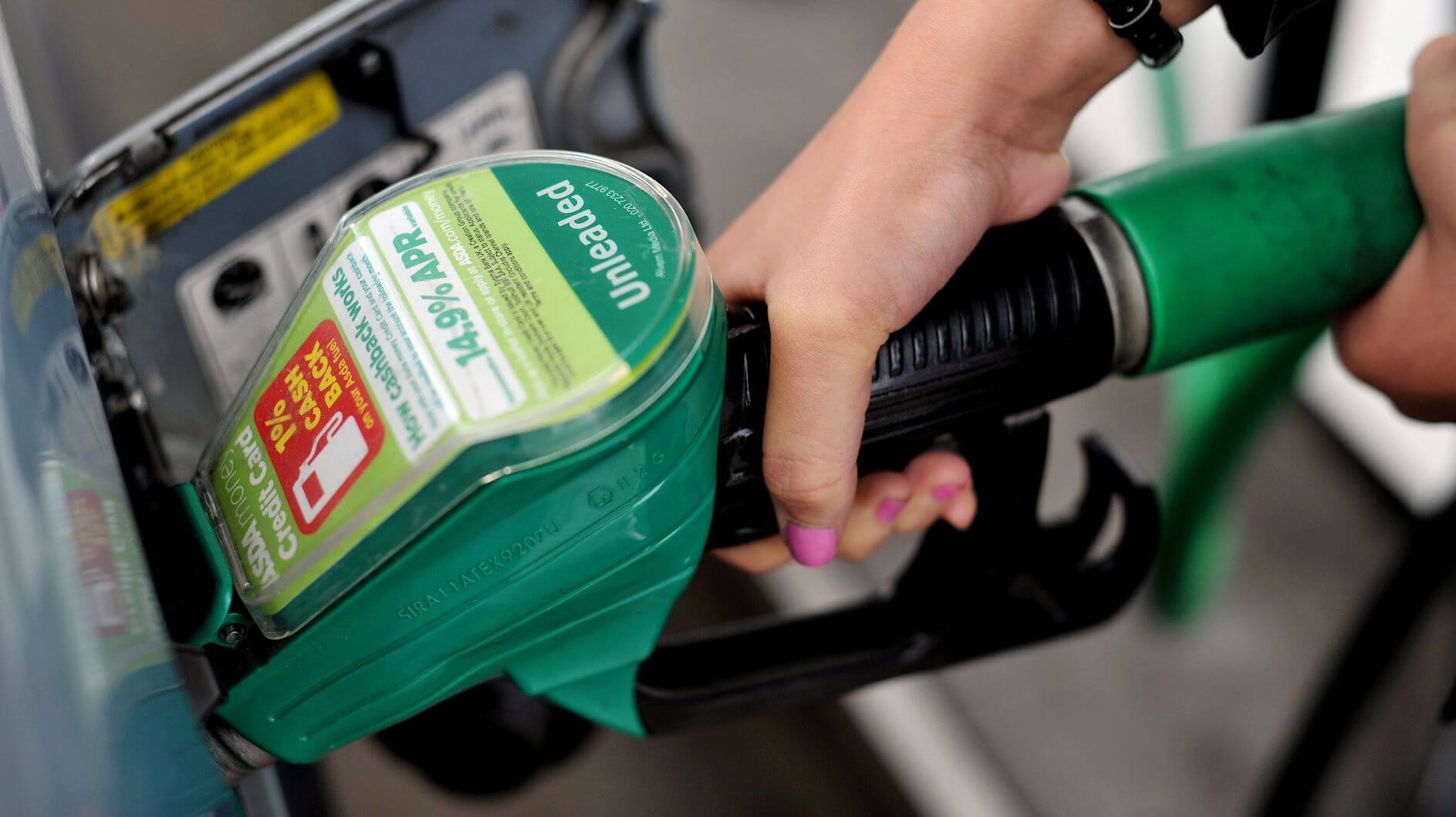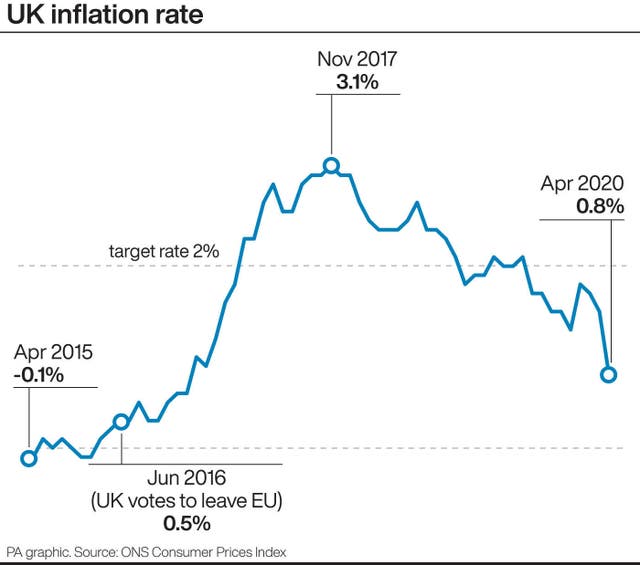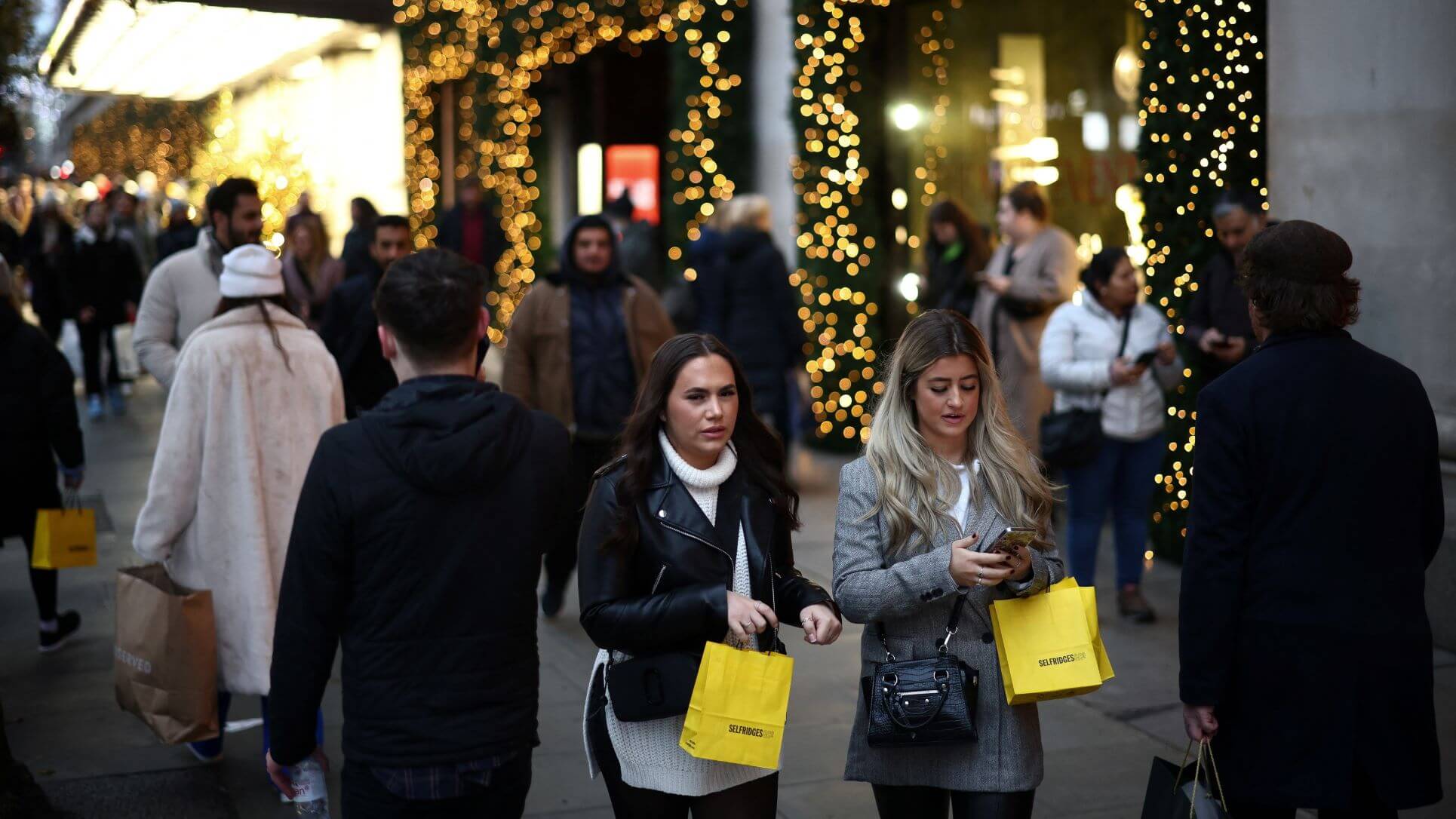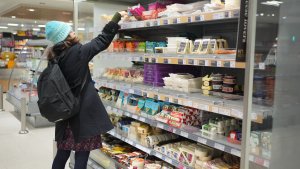The Office for National Statistics said the rate of the Consumer Price Index fell to 0.8%, down from 1.5% in March.
Inflation Plunges To Near Four-Year Low In April
The Office for National Statistics said the rate of the Consumer Price Index fell to 0.8%, down from 1.5% in March.

UK inflation plunged to its lowest level for nearly four years last month due to tumbling fuel costs and energy prices, according to official figures.
The Office for National Statistics (ONS) said the rate of the Consumer Price Index (CPI) fell more than expected to 0.8% in April – the lowest level since August 2016 and down sharply on the 1.5% recorded in March.
Most economists expected inflation to fall to 0.9%.

CPI is now far wide of the Bank of England’s 2% target, while it is set to drop sharply lower still, with some economists bracing for a near-zero headline rate of inflation by the summer.
The ONS said average petrol prices dropped by 10.4p a litre between March and April – the biggest fall since unleaded petrol records began in 1990 – amid the global oil price rout.
Energy prices also pushed inflation lower as regulator Ofgem reduced its default tariff cap.
Jonathan Athow, deputy national statistician for economic statistics at the ONS, said: “While the coronavirus limited the availability of some goods and services, its effect on prices was more muted.
“Falling petrol and diesel prices, combined with changes to the domestic energy price cap were the main reasons for lower inflation in April.
The consumer price inflation including owner occupiers’ costs (CPIH) 12-month rate was 0.9% in April, down from 1.5% in March 2020 https://t.co/vcWHjKyX6T pic.twitter.com/mdE84Ut7kQ
— Office for National Statistics (ONS) (@ONS) May 20, 2020
“Games, toys and hobbies saw rising prices, perhaps as people occupied their time at home.
“Food prices grew no more quickly than other goods and services, though fresh vegetables did see stronger rises.”
The ONS said the Ofgem cap changes last month meant that gas prices fell 3.5% between March and April, while the cost of electricity edged 0.2% higher, compared with hikes of 9.3% and 10.9% respectively a year ago.
The figures showed some effects of the coronavirus crisis, with prices of fresh vegetables rising month-on-month in April, possibly as retailers switched to British-grown produce amid the pandemic, according to the ONS.
Long-life products – such as cook-in sauce and frozen fish – also saw price hikes last month as consumers stocked up to weather life in lockdown.
But the ONS cautioned over the challenges of collecting the inflation data, with 90 goods or services unavailable in April as panic buying and stockbuilding left some supermarket shelves bare across the UK.
The data also showed the Retail Price Index (RPI), a separate measure of inflation, was 1.5% in April, down from 2.6% in March.
The Consumer Price Index including owner-occupiers’ housing costs (CPIH) – the ONS’s preferred measure of inflation – was 0.9% last month, down from 1.5% in March.
Samuel Tombs, chief UK economist at Pantheon Macroeconomics, said inflation had taken a “big leap towards zero by the summer” as he said retailers were planning “further large price cuts”.
He predicted inflation would recover next year but was likely to remain below 2% for much of 2021.
“The inflation outlook, then, supports the (Bank of England’s) Monetary Policy Committee doing more to stimulate the economy at its next meeting in mid-June – we look for a further £100 billion of quantitative easing to be announced,” he added.
Thanks for signing up to Minutehack alerts.
Brilliant editorials heading your way soon.
Okay, Thanks!

